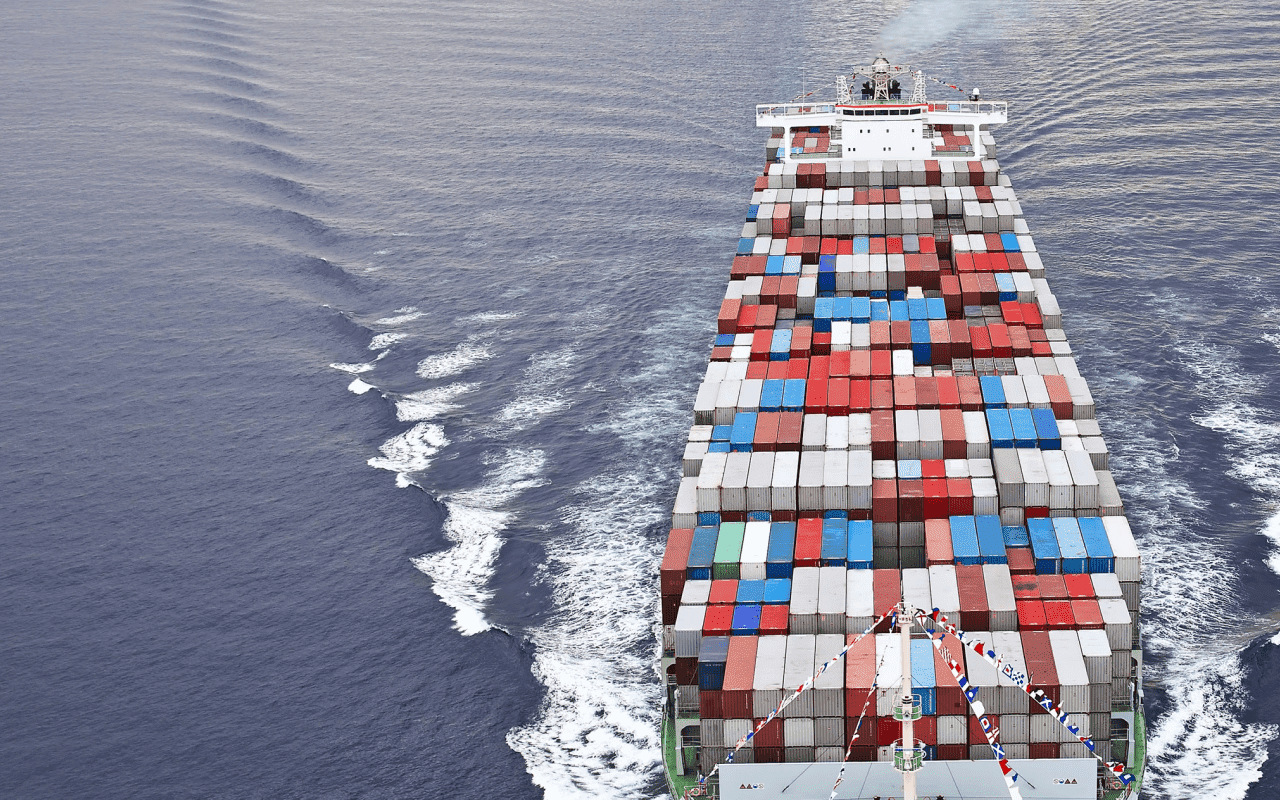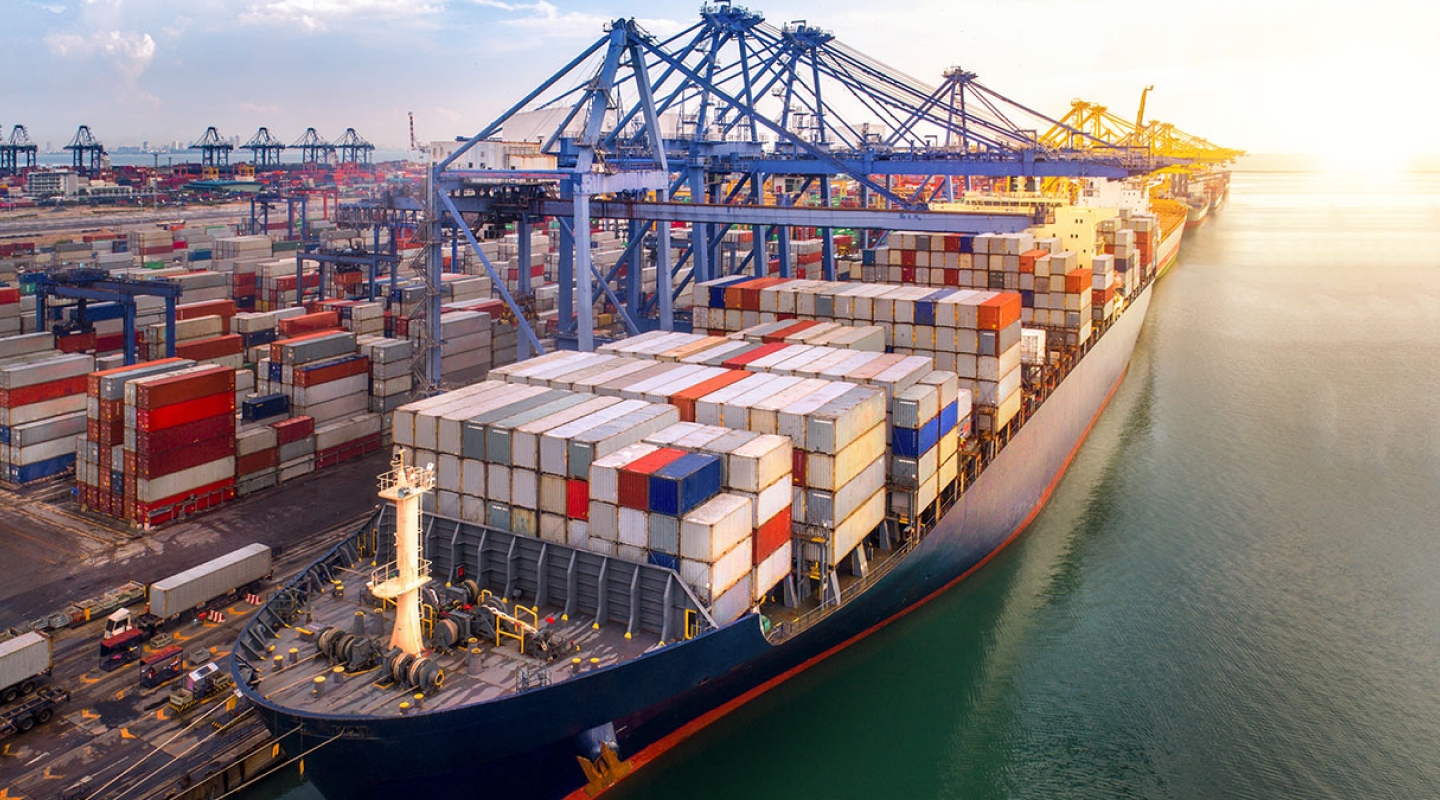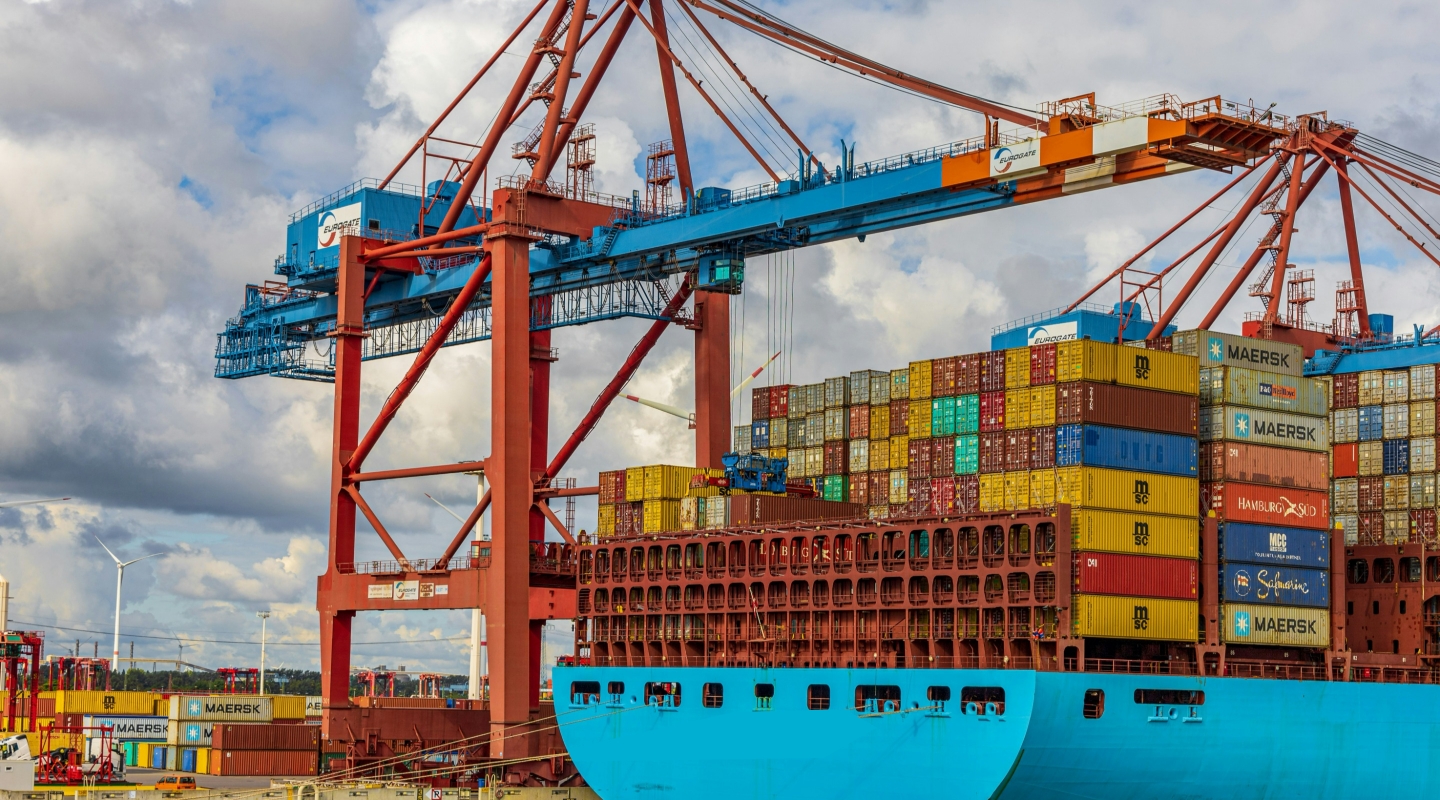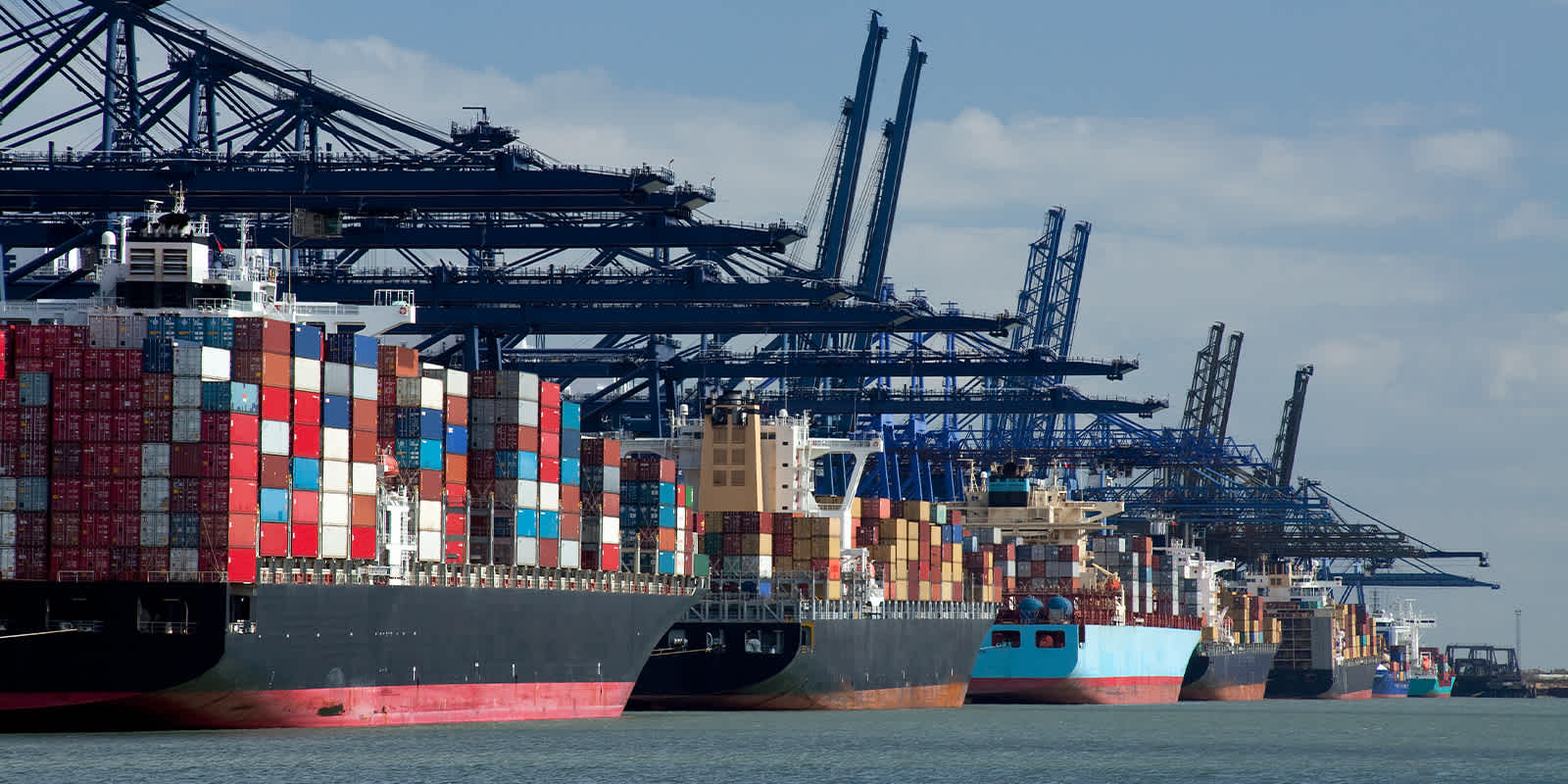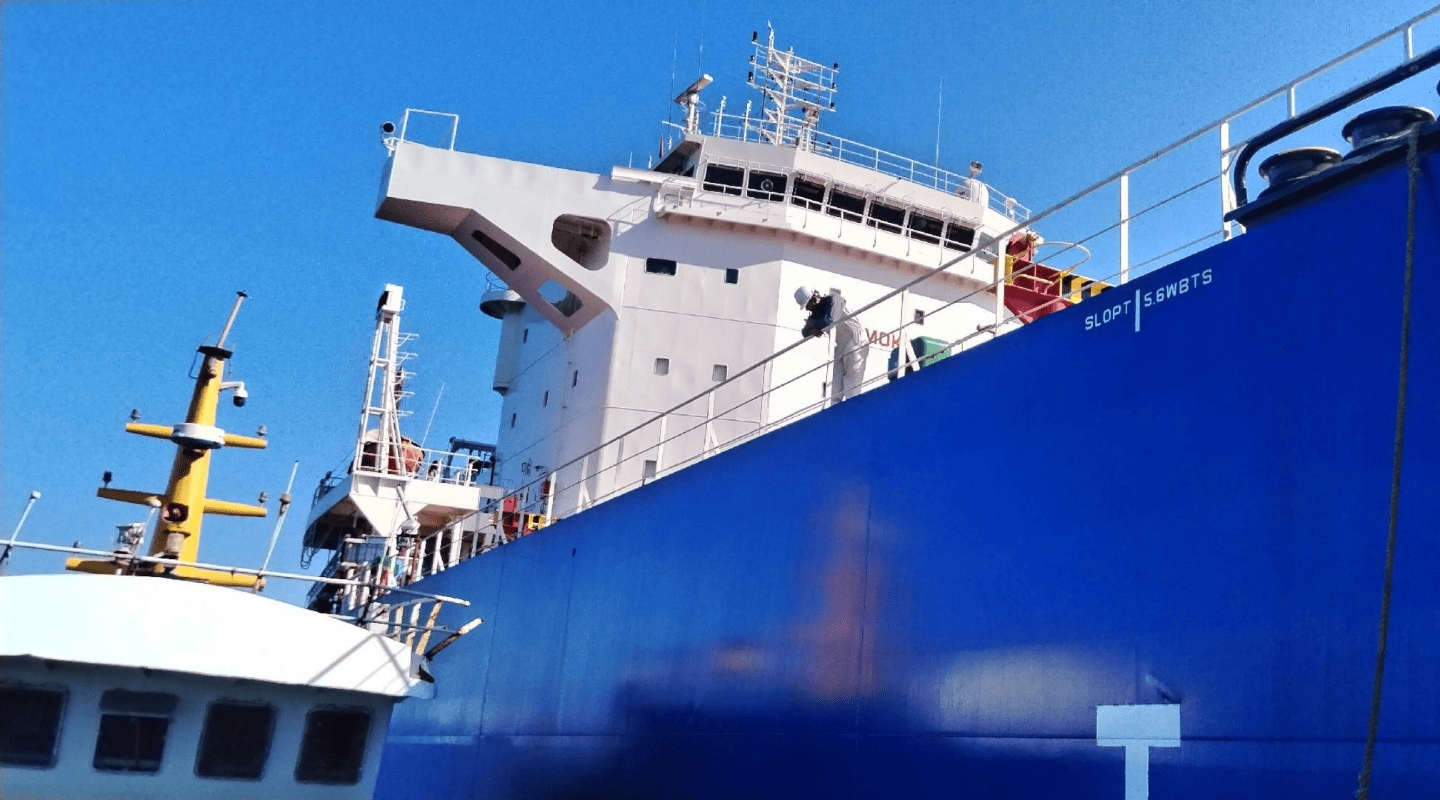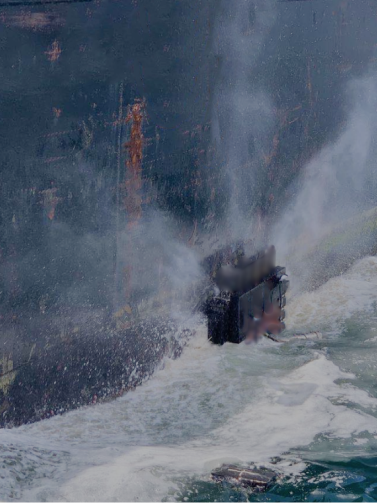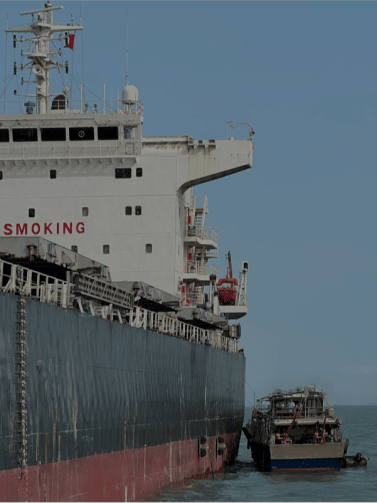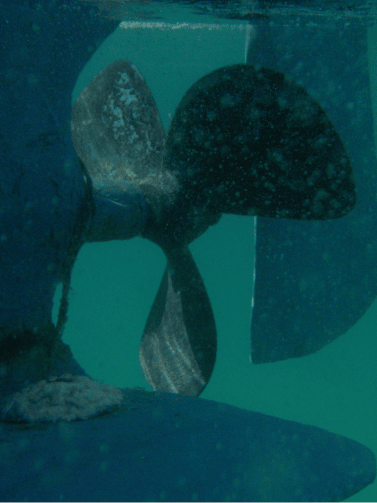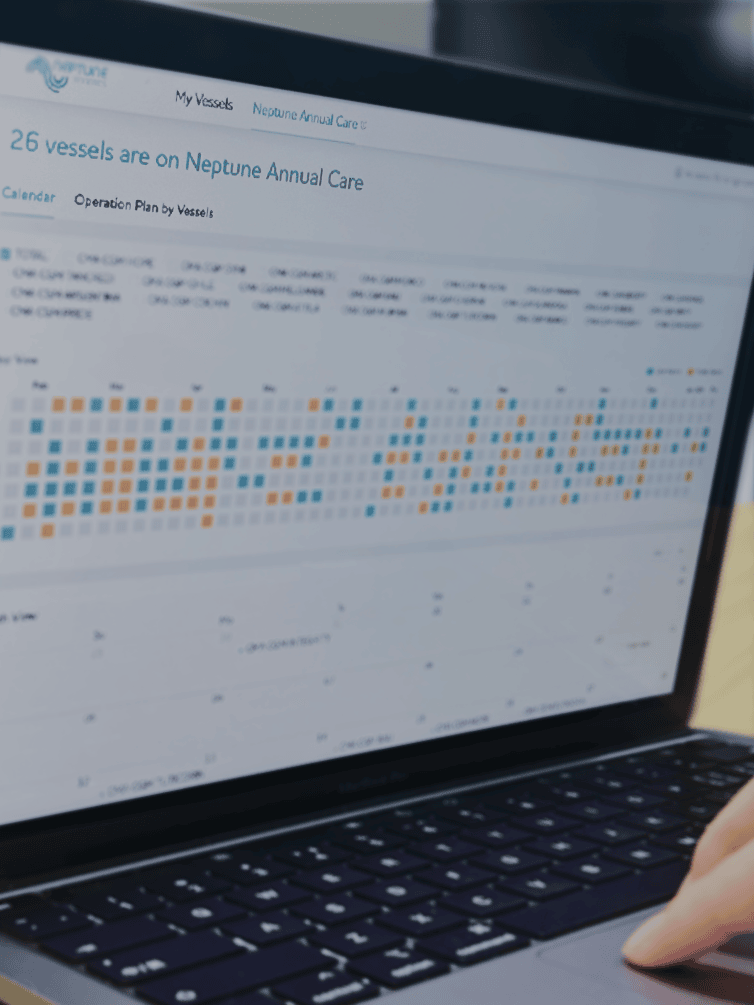What does the future hold for the shipping industry? Decarbonization and digitization are the two recognized trends in the industry.
In reality, with the imminent implementation of the EU ETS, multiple significant milestones in IMO GHG regulations ahead of schedule, and most fleets not meeting emission reduction requirements, the demand for refined and digital operational measures from shipping companies and shipowners is becoming increasingly urgent.
01-EU ETS: Ships Must Pay for Carbon Emissions
The most pressing and direct impact!
Starting on January 1, 2024, the European Union Emissions Trading System (EU ETS) will officially come into effect, significantly impacting the global shipping industry: shipping companies operating on European routes will have to pay for their ships’ carbon emissions.
Based on the current carbon quota price of 100 euros per ton, depending on the ship type, the emission costs for each ship within European routes range from about 9,000 to 23,000 euros per day. For international routes, the emission costs vary from 50,000 to 250,000 euros per day, depending on the distance and duration of the voyage.
Moreover, global policies from the International Maritime Organization (IMO) and national regulations such as the U.S. “Clean Shipping Act” are continuously emerging. They directly affect ship values, add to decarbonization costs, and impose carbon taxes, striking at the fundamental interests of the shipping industry.
A UNCTAD report states that to achieve carbon reduction in the shipping industry by 2050, the industry will need to spend an additional 8 to 28 billion dollars annually. Investment in infrastructure for 100% carbon-neutral fuels can reach up to 28 to 90 billion dollars per year.
02-Artificial Intelligence Aids in Shipping Carbon Reduction
Even ship cleaning can go digital!
As the “green shipping” movement enters an accelerated phase, shipping companies are increasingly embracing digital transformation. Among these, robotic hull cleaning and intelligent management of marine organism attachment have become increasingly prominent methods for reducing carbon emissions in ship operations.
Neptune’s marine organism management services use robots to provide ship hull inspection and cleaning around major ports and anchorages 24/7. This process efficiently removes biofouling and dirt layers, reducing the drag on ships, which lowers fuel consumption and carbon emissions.
At the same time, Neptune employs advanced digital technology to collect and analyze data on biofouling and more, helping ship operators with integrated and visual monitoring of their hulls. This provides practical decision support for hull cleaning maintenance, periodic management, and navigational safety, allowing fleets to improve efficiency and reduce costs while accelerating decarbonization.
Compared to technically limited and space-restricted emission reduction measures, refined management can be considered the foundation of decarbonization for existing fleets. Hull cleaning, along with diagnosis and prediction of biofouling, delivers significant emission reduction results without significant time and cost.
03-Digital Technology
Making Decarbonization in Shipping “Affordable and Attractive”
Shamika, head of technology and logistics at UNCTAD, states: “Digitalization and technology will enhance the predictability and reliability of shipping. The use of technologies like artificial intelligence will optimize performance in monitoring and predictive maintenance—these all will contribute to speeding up decarbonization.”
Surveys show that two-thirds of global shipping companies have already launched digital strategies, with 69% of them applying digital technology solutions. Shipping giant Maersk has initiated a “digital revolution” aiming to achieve “carbon neutrality in its own operations by 2040” through artificial intelligence and digital analysis.
Energy consulting and certification agency DNV points out that digital technology is making decarbonization in the shipping industry “low price and fine quality.” For the currently aging and fast-moving global fleets, shipping companies transitioning toward digitization can more effectively reduce costs and save energy and emissions in data analysis and visual scenarios.
